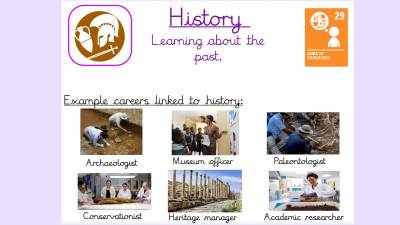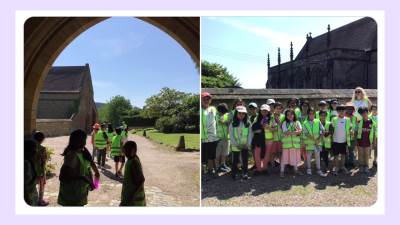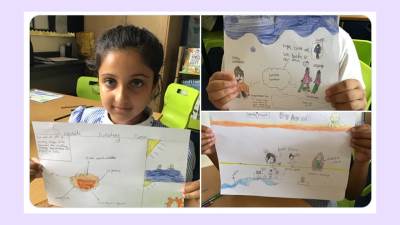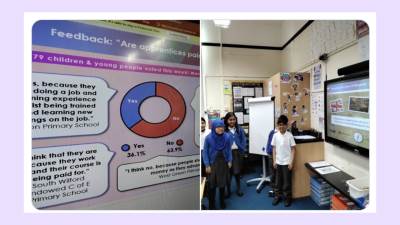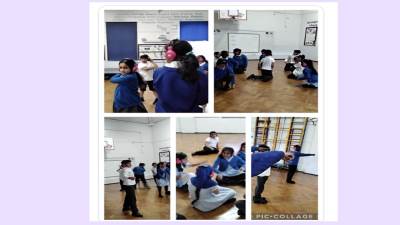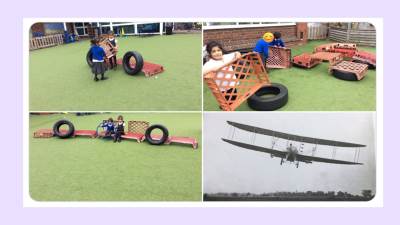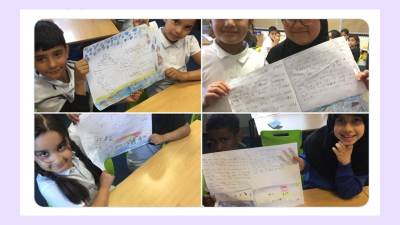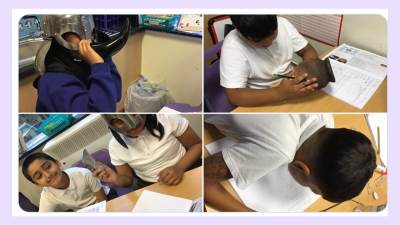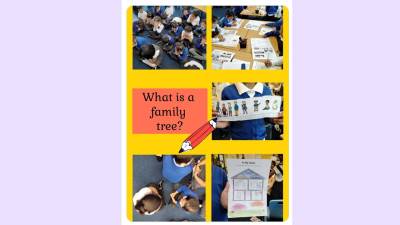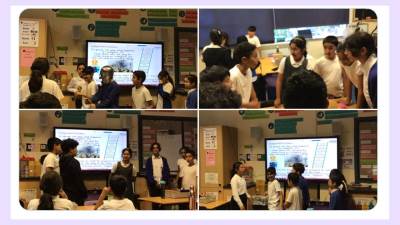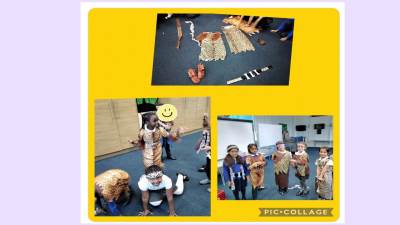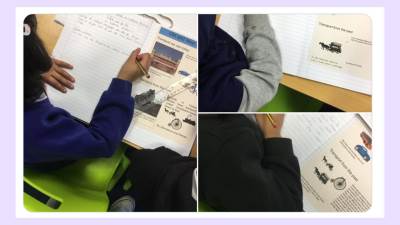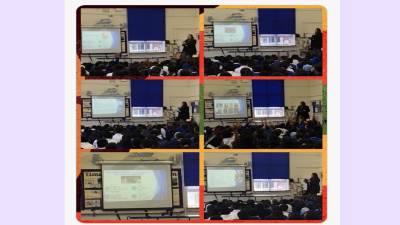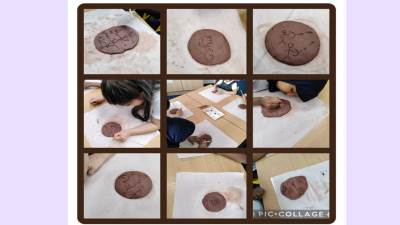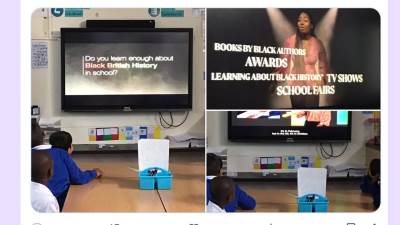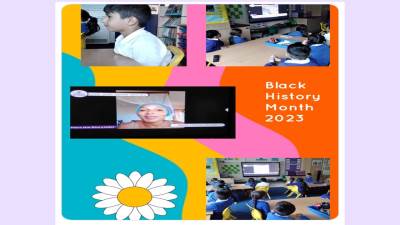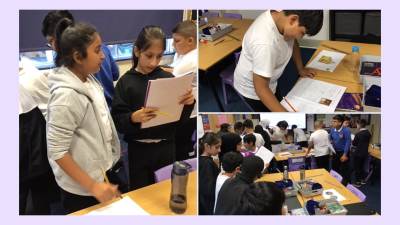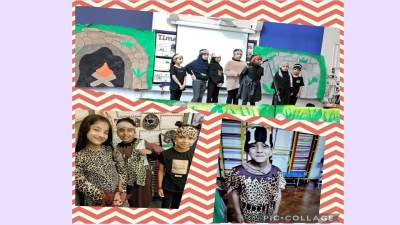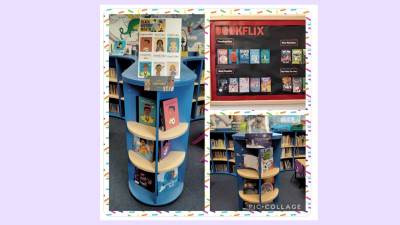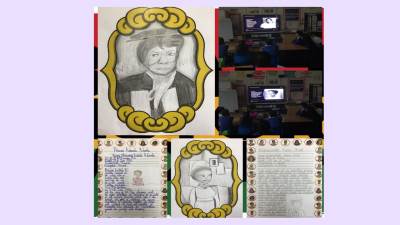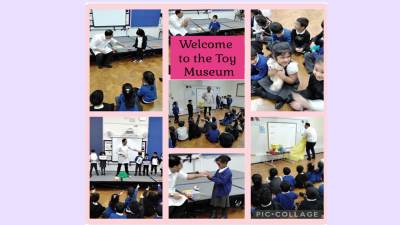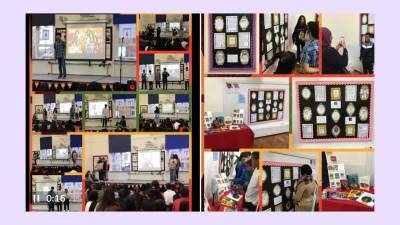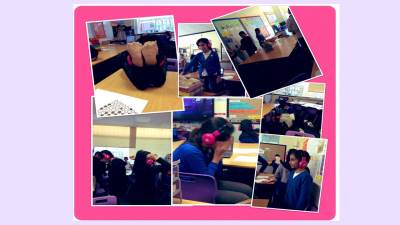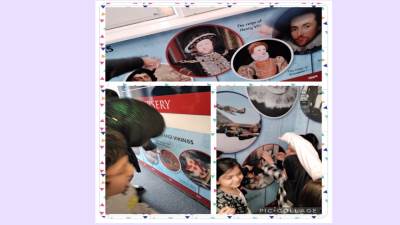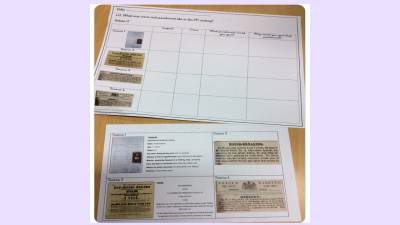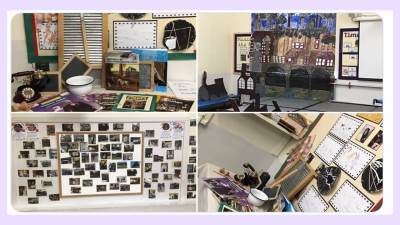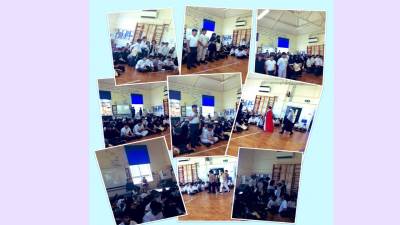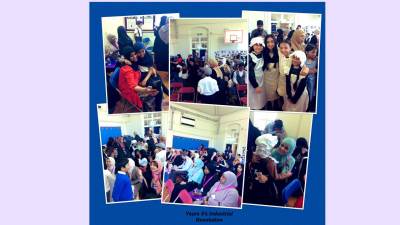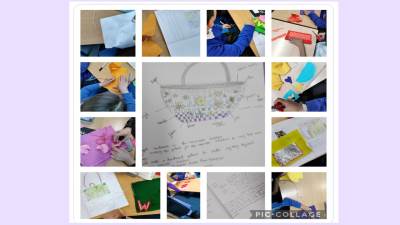History
At Alston Primary School, history’s fundamental role is to inspire our children to think and act as historians. Our history curriculum and the enrichment opportunities allows our children to make sense of the present through learning about Britain’s past and their heritage.
Studying history at Alston Primary School helps children make sense of the present. It provides them with an understanding of how to answer this question: how do I fit into this place? The content of our history curriculum gives our students relevant cultural context and capital. It also helps them understand how to make a difference and change their world for the better.
The skills our children learn through practice are crucial to their study of other subjects, but also to their lives outside school. Asking relevant questions, treating information with healthy scepticism, using evidence to justify opinions, employing vocabulary accurately - these are just some of the skills learnt by studying history at our school.
Substantive knowledge
Which events, people and periods (and associated vocabulary) will the children know about?
In KS1, pupils learn about the passing of time and how things that they are familiar with today such as clothing, food and transport have changed throughout different periods of time. Pupils in Year 1 begin learning about the 1960’s and how their grandparents lived which is a unit that builds upon learning in EYFS. In Reception, as part of the Understanding the World early learning goal, children explore family customs and routines, for example Grandparents in their world and similarities and differences within their community.
The KS1 curriculum has many links to KS2, for example Seaside Holidays in year 1 is visited again in Year 5 when the children study Victorians. We aim for pupils to leave EYFS and KS1 with an understanding of what has gone before them and how it impacts on life today – how we learn from the past and how the past has shaped things as they are today.
In KS2, the curriculum gives pupils a strong grounding in British history, from the Stone Age to the Iron Age, the first settlements through Roman Britain, the Vikings, Anglo-Saxon, and World War Two. While studying these periods, the units explore themes of change and continuity, perspective and power.
Throughout the curriculum, our children are taught the substantive content which defines each period. This knowledge is meticulously planned and regularly revisited and elaborated upon. Each lesson begins with retrieval practise to assess how much pupils have remembered. Each unit ends with an essay allowing pupils the opportunity to write about the knowledge and vocabulary that they have learnt.
Disciplinary knowledge
How do historians’ study and interpret the past?
Our children learn through practical enquiry: they examine a wide range of sources, come up with their own questions and answer those posed by others. They compare and make connections between different historical events, people and periods. In doing all this, they can learn how historians work, how they attribute significance and - ultimately - how competing views of the past have been constructed. These competing views will sometimes be explicitly taught.
Sources
At Alston Primary School, children explore a variety of primary and secondary sources including photographs, artefacts, art, stories and music to:
- develop their thought of enquiry and processes
- build a picture of the past
- inspire curiosity about the past and how it links with the modern world.
Vocabulary
At Alston Primary School, progression of historical terms is carefully mapped out to ensure children:
- learn how to use historical words accurately and in context to express the passing of time
- express orally and in writing the connections, contrasts and trends over time using the appropriate vocabulary
- gain and deploy a historically grounded understanding of abstract terms such as ‘empire’, ‘civilisation’, ‘parliament’ and ‘peasantry’.
Assessment
At Alston Primary School, we...
- are able to talk and write about people and events from the past confidently and using appropriate vocabulary
- answer enquiry questions in order to draw our learning together
- use knowledge organisers to revise facts and complete quizzes
- assess in a variety of ways (through formative methods) to allow children to demonstrate their historical knowledge and skills.
-
Historical concepts
download_for_offline
download_for_offlineHistorical concepts
- History curriculum and progression document download_for_offline
download_for_offlineHistory curriculum and progression document
- History Long-term Overview 2024-2025 download_for_offline
download_for_offlineHistory Long-term Overview 2024-2025
- History Progression of knowledge and skills download_for_offline
download_for_offlineHistory Progression of knowledge and skills
- history-intent-implementation-and-impact download_for_offline
download_for_offlinehistory-intent-implementation-and-impact
- Substantive and disciplinary knowledge download_for_offline
download_for_offlineSubstantive and disciplinary knowledge
- Substantive concepts download_for_offline
↑ - History curriculum and progression document download_for_offline


